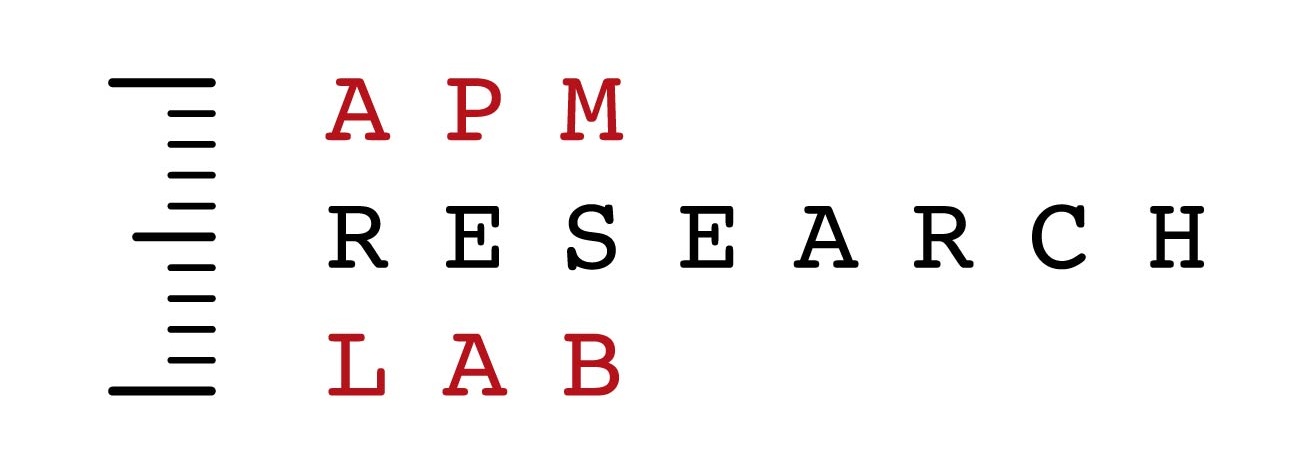Politics
How many times do presidents say ‘I’ in their State of the Union speeches?
by GABRIEL CORTES | Feb. 5, 2020
When President Donald Trump delivered his 2020 State of the Union address Tuesday night, the event was full of made-for-television moments. From conservative radio broadcaster Rush Limbaugh receiving the Medal of Freedom to House Speaker Nancy Pelosi tearing up her copy of the speech live and on air, the night upended what is usually a tame and perfunctory event.
Since Lyndon Johnson delivered the first televised State of the Union in 1965, the speech has become a national ritual. Originally intended so the executive branch could brief Congress on its activities, it has since become a vehicle for presidents to outline their political agendas and speak directly to the American people.
Rhetorically, the State of the Union is a tough landing to stick. The speech should be original without shattering tradition; it should outline a specific vision without being pedantic; and most importantly, it should tout a president’s achievements without seeming boastful.
These challenges are only intensified for presidents running for reelection.
Since 2020 is a reelection year, and since Trump is not shy about referring to himself in superlatives, the APM Research Lab went back 40 years to forensically analyze the States of the Union of seven presidents running for reelection: Jimmy Carter in 1980, Ronald Reagan in 1984, George H.W. Bush in 1992, Bill Clinton in 1996, George W. Bush in 2004, Barack Obama in 2012, and Donald Trump in 2020.
The key question: How often do presidents refer to themselves in the first person during their respective speeches?
We totaled the word counts for each speech and parsed them for first-person pronouns, both singular (I, me, my) and plural (we, us, our). Read below to see which presidents said I the most, and click here to read our methodology.
WHO HAD THE LONGEST SPEECH? WHO HAD THE SHORTEST?
Barack Obama had the longest reelection State of the Union, clocking in at more than 7,000 words. Jimmy Carter’s 1980 speech was half that length and was the shortest of the seven speeches we analyzed.
WHO REFERRED TO HIMSELF THE MOST?
George H.W. Bush used the pronouns I, me, or my (or derivations thereof) 150 times in his 1992 State of the Union. Jimmy Carter was the most humble of the seven presidents: per our analysis, he only referred to himself 27 times in 3,500 words.
WHO REFERRED TO THE NATION AS A COLLECTIVE THE MOST?
In his State of the Union in 1996, Bill Clinton referred collectively to the United States (by using we, us or our) almost 280 times in his 6,000-word speech. George W. Bush was the president who used the least number of first-person, plural pronouns in this analysis: He only said we, us and our 131 times in 5,000 words.
HOW DID TRUMP’S 2020 STATE OF THE UNION MEASURE UP?
Trump was in the middle for almost every category. His nearly 6,000-word speech on Tuesday night was average in length, and it was the median for its use of both singular and plural first-person pronouns (84 and 185, respectively).
CLICK THE IMAGE OF THE PRESIDENT BELOW TO SEE THE FULL STATISTICS
METHODOLOGY
WHY THESE SEVEN SPEECHES?
There are plenty of analyses that fact-check and annotate the State of the Union already. For our analysis, we wanted to add something substantive to the conversation that wasn’t derivative. Plus, a rhetorical analysis for first-person pronouns seemed like a fun idea.
Writing about grammar and usage, however, becomes very pedantic very quickly, and there are many, many State of the Union addresses. To contextualize Trump’s 2020 address, we narrowed our focus to States of the Union delivered during reelection campaigns.
HOW DID WE PARSE THE SPEECHES?
We searched each address for first-person singular and first-person plural pronouns in all forms of the subjective, objective and possessive cases, and each search adjusted for lowercase and uppercase usage. We did a second search to scoop up all contractions (I’ve, I’m, we’re, we’ve, etc).
We did not create separate categories for reflexive pronouns (myself, ourselves) because their presence was flagged when we parsed for the possessive cases (my/mine, our/ours).
